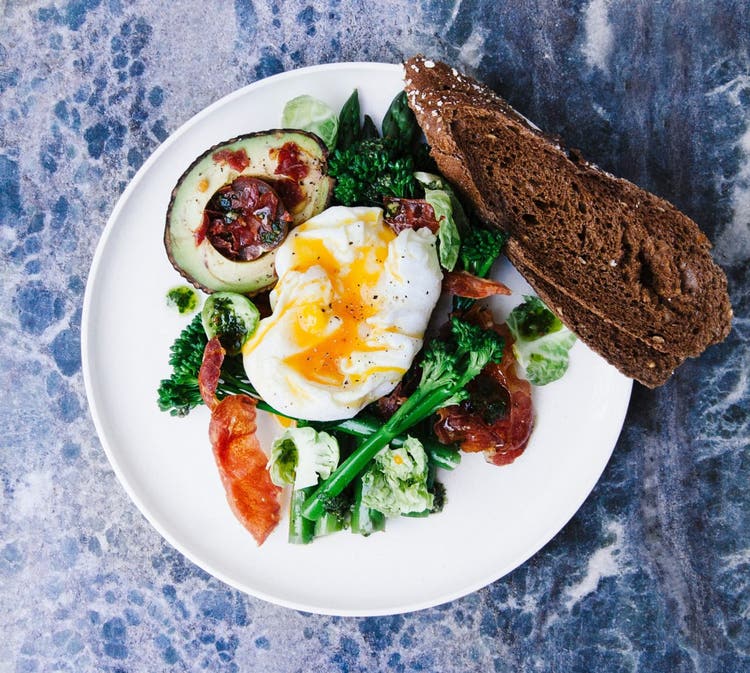Feed Your Brain: Expert Tips for a Brain-Friendly Diet

This content is published under licence and in partnership with Radio New Zealand, one of the world’s foremost public broadcasters. To learn more, go to radionz.co.nz.
Author Delia McCabe has combined her knowledge of the human brain with 20 years of research into how food influences brain function.
Her work has culminated in a guide to preparing meals that nurture more than just your body: “Feed Your Brain” (Exisle Publishing, 2016) contains more than a hundred recipes to keep your gray matter in great shape.
You can listen to McCabe explain her research here, including the best food types for breakfast, lunch and dinner, and the properties of various fats and oils and how cooking affects them.
You also can find some of McCabe’s delicious recipes here:
- Mango ice cream
- Bitter chocolate tart
- Broccoli and pomegranate salad
- Spicy warm lentil, apricot and pine nut salad
The relationship between diet and brain function is crucial, McCabe says. “Our brain is the greediest organ we possess. It uses between 25 and 50 percent of the carbohydrates we consume. It has 160,000 kilometers of blood vessels, and every fourth breath goes to supply the brain with oxygen. So to say that it’s greedy is actually an understatement.”
And fat is vital to the brain’s proper functioning, she adds.
“Sixty percent of the brain is made up of fat, and of that, between 20 and 25 is of a fat we cannot make; we have to get that from our diet,” McCabe explains. “So maximizing those kind of fats needs to be accomplished throughout the day at every single meal.”
While our bodies can make saturated and monounsaturated fats, we are unable to make polyunsaturated fats. “That’s why they’re called essential fatty acids; we have to get them from our diet,” she says.
Most people are deficient in the omega-3 fats, McCabe says. These are prevalent in flaxseed, cold-pressed oils, green leafy vegetables and cold-water fish.
But for the sake of your brain and body in general, she warns, there’s one kind of food to avoid, if possible. “Leave out fried food,” McCabe advises. “That’s because any oil that is heated becomes damaged, and that damaged fat affects us at the cellular level. Fried food is something we need to leave behind immediately.”
Instead of fried, she suggests, think color. “Make sure your diet is very, very colorful,” McCabe says. “Those colors carry with them potent antioxidants, which our busy brain needs in vast quantities to be able to counter free-radical activity.”
For more about Delia McCabe, visit her Lighter Brighter You website.
If you want more tried, tested and true news from the leading edge of health and fitness, sign up to get Fit Planet insights and advice straight to your inbox.
This piece originally appeared on LesMills.com.
Photo credit: Chris Ralston, Unsplash